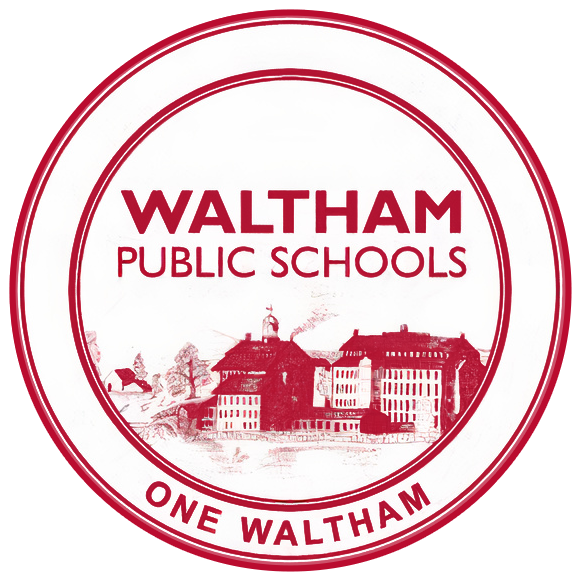Unit | Timeframe | Essential Questions | Major Learning Experiences |
|---|
U.S. Becomes A World Power (1898 - 1918) | September - October | When is war justified? Were the United States’ reasons for going to war with Spain just? Should the United States have entered World War I? Was/ is the US and imperialistic nation? What is the role of dissent in a democracy? Is dissent dangerous during a time of war? Is peace possible? What was the impact of the Treaty of Versailles?
| Students will: Analyze causes and consequences of the increasing involvement of the US in world affairs. Explain the causes that led the US to enter WWI and the impact of the war upon the nation’s policies, culture, and economy.
Assessments include: |
The Progressive Era and the Roaring 20s | October - November | What conditions foster change? What about this time period led to great changes in the basic structure of American society? What is the role of the United States in world affairs? How has this role changed over time? How have the roles, rights and responsibilities of women in the United States changed over time? How has US immigration policy changed over time?
| Students will: Research the reforms of the progressive period and evaluate their effectiveness. Analyze the social, economic, political and cultural shifts of the 1920s.
Assessments include: |
Roosevelt Presidency (1932 - 1945) | December - January | What factors encourage economic growth versus economic decline? ? Could an event like the Great Depression happen again? How much power should be vested in the federal government during times of emergency? What is the role of the United States in world affairs? Could World War II have been avoided if the U.S. and other democracies had stood up to the Germans and Japanese during the 1930s? When is war justified? Should the United States have entered World War II? Was President Truman right to use the atomic bomb against Japan in 1945?
| Students will: Describe the multiple causes of the global depression and it impact(s) in the United States. Evaluate government responses to the global depression. Explain the causes that led the US to enter WWII. Discuss and evaluate the reasons for the US decision to use the atomic bomb to end the war.
Assessments include: |
United States as a Superpower (1945 - 1980 | January - February | What were the major forms of government /major ideologies in the wake of World War II? Was conflict between them inevitable? What is the place for dissent in a democracy? Should different views / ideologies be feared? When is war justified? Should the US have fought “limited wars” to contain communism? What conditions foster change? How did this time period lead to social revolutions?
| Students will: Analyze the factors that led to the Cold War and evaluate US foreign policies to stop the spread of communism at home and abroad. Research major events of the Cold War Era and their short and long term consequences.
Assessments include: |
Post-War Social Movements (1945 - 1980) | March - April | What are the roles and responsibilities of citizens in a democracy? What is the purpose of dissent in a society? How can individuals and groups affect change? To what extent did the Civil Rights Movement in the 1950s and 1960s expand democracy for all Americans? What are the legacies of these social movements?
| Students will: Analyze the origins, goals and accomplishments of the Civil Rights Movement and evaluate their short and long term impact(s). Research the causes and course of modern social movements (i.e. women’s rights, environmental protection, etc.)
Assessments include: |
Contemporary America (1980 - present) | May - June | Did the United States win the Cold War or was the fall of the Soviet Union inevitable? How do Americans respond to political and cultural changes? What is the role of the United States in world affairs? Are peace and stability in the Middle E? Is it the responsibility of the United States today to be the world’s “policeman”? How has US immigration policy changed over time? What have been / are the immigration policies in the contemporary United States? What challenges does our democratic government face today? How has our government responded / not responded to challenges?
| Students will: Assessments include: |
